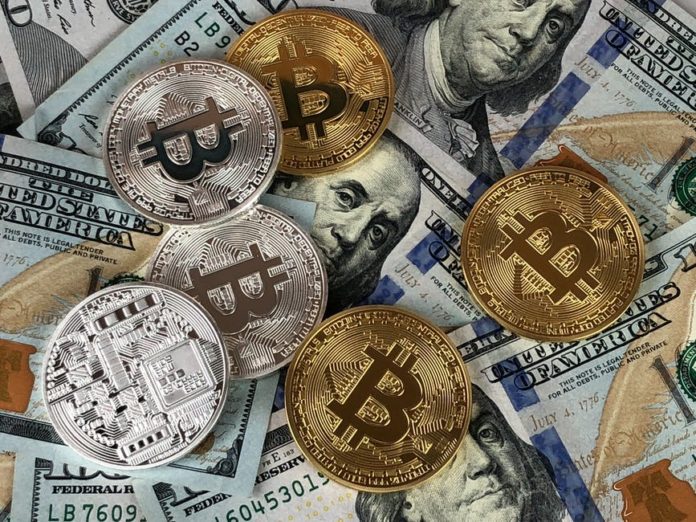(by the Futurism.com)
The country of Senegal has announced it will be issuing its own national digital currency based on blockchain technology, the same technology powering Bitcoin. Senegal’s new eCFA digital money will have legal tender status alongside the CFA paper money it currently uses.
Blockchain allows financial transactions to be transparent and more secure. But unlike Bitcoin, using digital money backed by blockchain still allows governments and central banks to control the flow of currency, and dictate how much is in circulation.
The eCFA was made possible by a collaboration between Banque Régionale de Marchés (BRM) and Dublin-based blockchain startup eCurrency Mint Limited. The currency will be distributed solely by the Central bank, and has passed e-money regulations set by the Central Bank of the West African Economic and Monetary Union (WAEMU).
Senegal is actually the second country to introduce a blockchain-based digital currency. Tunisia replaced its original self-made digital currency eDinar, and developed an eDinar version that uses blockchain technology. Both of these show Africa’s promise to be the testbed of new fintech.
So, what’s all the fuss with blockchain? Basically, Blockchain is the tech that powered Bitcoin. It provides a secure digital ledger of transactions, distributed and decentralized so there is no opportunity for tampering.
The system has been adapted by several industries. Singapore, China, Sweden, and many other countries are considering their own blockchain-based digital currencies. Banks are using blockchain to record and handle transactions. Essentially, any and every industry that could do with more transparency and security is looking at adapting blockchain tech.
In fact, after debuting in Senegal, the eCFA will also be introduced by the WAEMU to the other countries that use the West African CFA franc: Cote d’Ivoire, Benin, Burkina Faso, Mali, Niger, Togo and Guinea-Bissau.


















